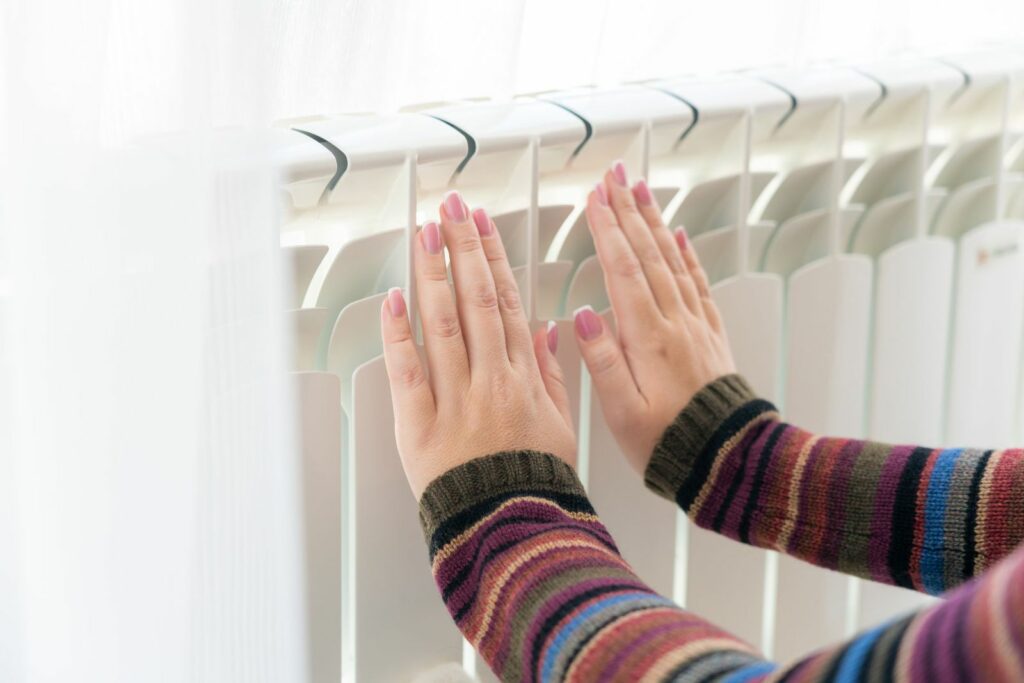The Energy Policy Bill continues with a “climate just” policy despite all of the engineering as well as geopolitical concerns. If the law, which was in public debate until the 17th of September, is also approved by the National Assembly, a new order of energy sources for energy concepts will be imposed on municipalities. Solar power will be taken into account first, followed by excess heat, then renewable gas, and finally, heat from district heating systems.
Three drawbacks can be highlighted regarding the draft law: engineering, ecological and geopolitical. Engineering, as green technologies are not yet ready for widespread implementation and will make energy less available and more expensive. Ecological, as Slovenia’s and the European Union’s contribution to global emissions is negligible, and geopolitical, as the EU, and Slovenia with it, are exposing themselves to geopolitical risks with the green transition.
The content of the proposal is as follows. According to the draft published on the eGovernment web portal, it defines the principles of energy policy and thus provides the basis for the formulation of policies and measures in the field of energy. At the same time, it regulates the competencies and functioning of the Energy Agency and the Energy Inspectorate and defines the energy infrastructure in the country.
Importantly, according to the draft law, local authorities (municipalities) will have to prioritise the use of energy sources and energy products in each new local energy concept, the Slovenian Press Agency (STA) reports. From now on, priority will be given to renewable energy sources, with the order of the sources to be determined. As already mentioned, solar energy will be considered first, followed by excess heat, renewable gas and, lastly, district heating. In the construction of new buildings, the installation of natural gas and LPG boilers will be prohibited, except in exceptional cases. The installation of solid and liquid fuel boilers will also not be allowed in agglomerations (one- or two-apartment buildings or individual parts of multi-apartment buildings). On the other hand, the authorities will allow you to keep a fireplace, for example, for supplementary heating.
Municipalities will be prohibited from granting concessions for the construction of natural gas distribution networks. Natural gas consumers will not have to connect to the natural gas distribution system, but only if they prove that they heat their homes with renewable energy sources. Buildings smaller than 50 square metres, non-residential agricultural buildings and religious buildings will not be subject to these requirements.
A law that goes against the opinions of the profession?
The Bill, like some other laws of the Robert Golob government, seems to be at odds with what the profession knows. The commentary on the draft Energy Policy Law prepared by the Slovenian Chamber of Engineers (IZS) shows that things are still unclear. In general terms, they propose that “specific provisions on the prohibition and restriction of the use of natural gas and woody biomass (if this is also included in the group of solid fuels) should be removed from the law and replaced by provisions providing for the preparation of by-laws in this respect, in the preparation of which the profession and the general public would also be involved.” In other words, “the profession and the general public” were apparently excluded from the drafting of the Bill.
However, in his article on the Chamber’s website, Mitja Lenassi, President of the Governing Board of the Section of Mechanical Engineers of the Slovenian Chamber of Engineers, draws attention to the publication of two articles. The first highlights the double standards of the European Union decision-makers, who apply double standards to the buildings of their own institutions, i.e., the buildings of the decision-makers. “We can also ask ourselves in what kind of buildings Slovenian decision-makers and rule-makers are adopting energy-efficient building requirements. In the second article, Matt Ridley points to the inefficiency of wind power, which produces (permanently) expensive electricity at random times, independent of people’s needs.” Ridley’s comparison with wind power can very plausibly be applied to solar power as well.
Inefficient energy suicide
The European Union is the most “climate-just” of all the major political entities, compared to the USA, China, Russia and India. But a glance at its record on Co2 emissions shows that it is among the smallest emitters. What’s more, while the EU is reducing its emissions, China and India are further increasing them. “Asia, with China and India, produces six times more emissions than the EU, which is shooting itself in the social and economic foot with Eco-duties and the expulsion of industry to the East,” commented economics professor and former minister Matej Lahovnik.
With the trends clearly visible, one can rightly ask how (un)justified the green transition is and, above all, how ineffective it is. Reducing global CO2 emissions at the EU level will not reduce emissions elsewhere in the world to any appreciable extent, but it will make life more difficult for European industry and households. Of course, reducing emissions in Slovenia makes even less sense.
Geopolitical risks
The intensifying shift to renewable energy sources does not reduce the geopolitical risks per se. The green transition advocates often point out that reducing dependence on fossil fuels is a step towards a more independent stance by the European Union. Until we realise that a significant proportion of green technologies are made in China, which has the highest emissions of CO2 gases (by a wide margin). In an era when national economies are increasingly becoming tools of influence, the EU’s Green Transition is merely substituting a form of risk. If relations between China and the West were to deteriorate further, Europe’s Green Transition could quickly run aground.
Ž. K.


